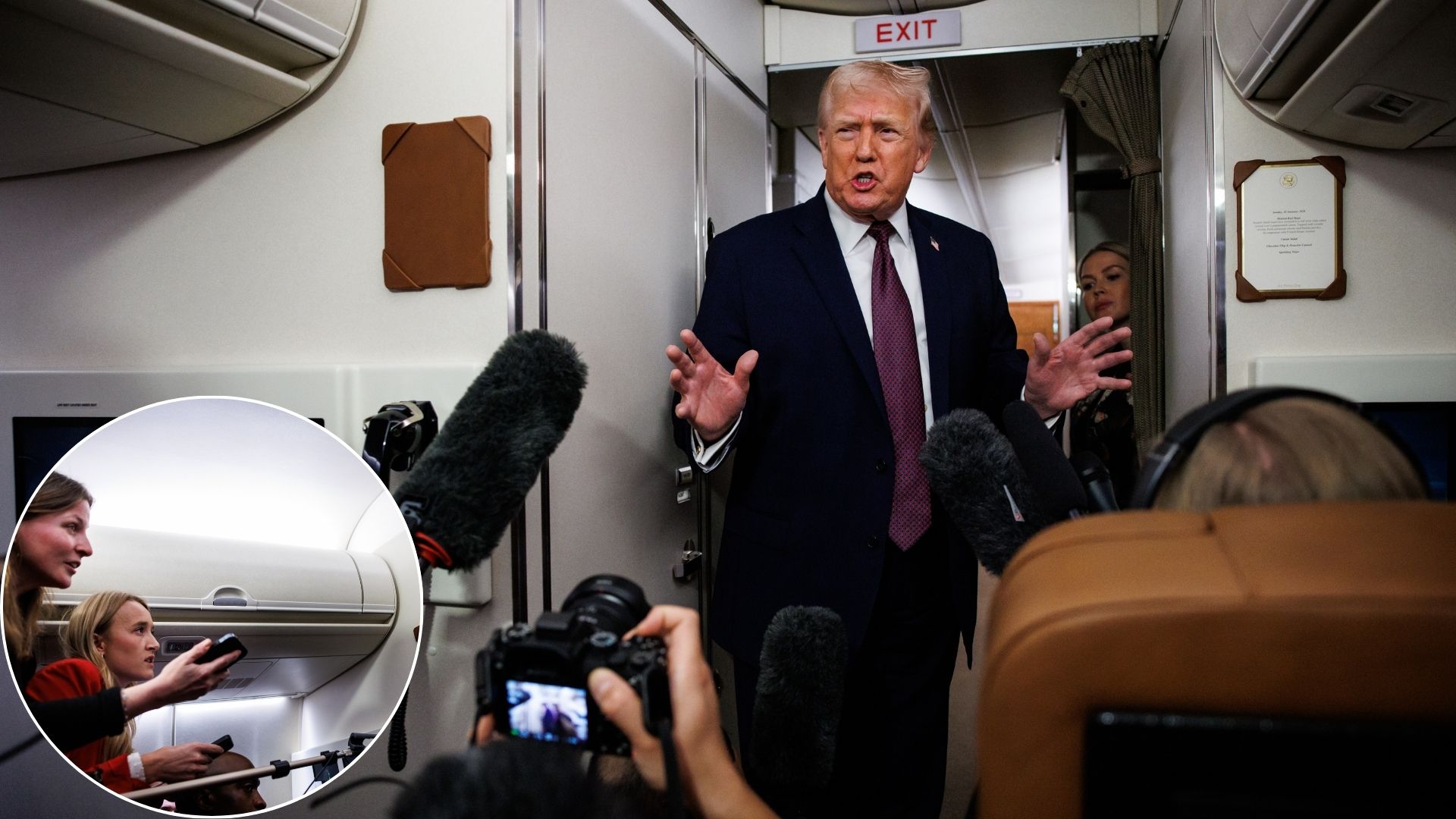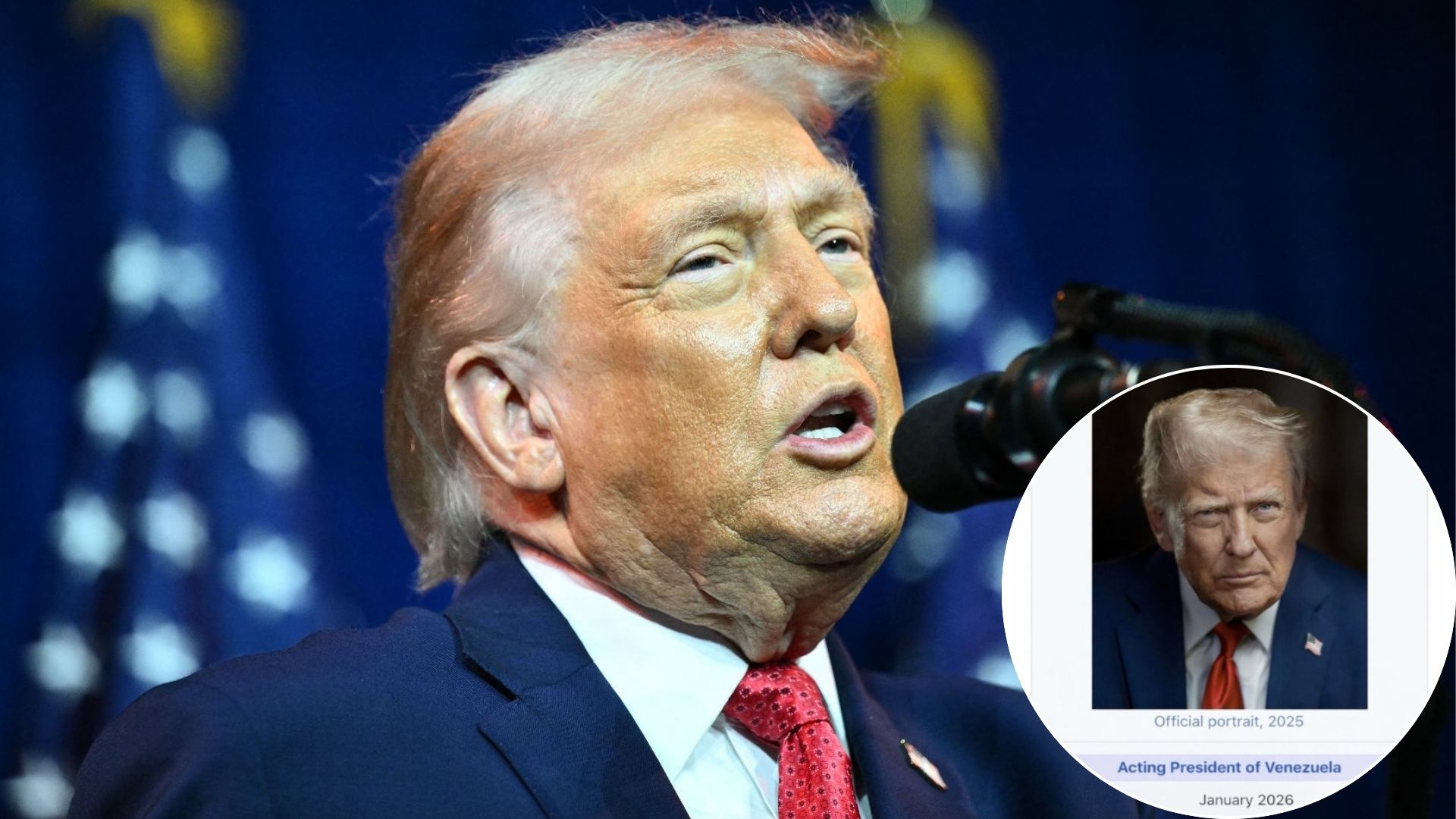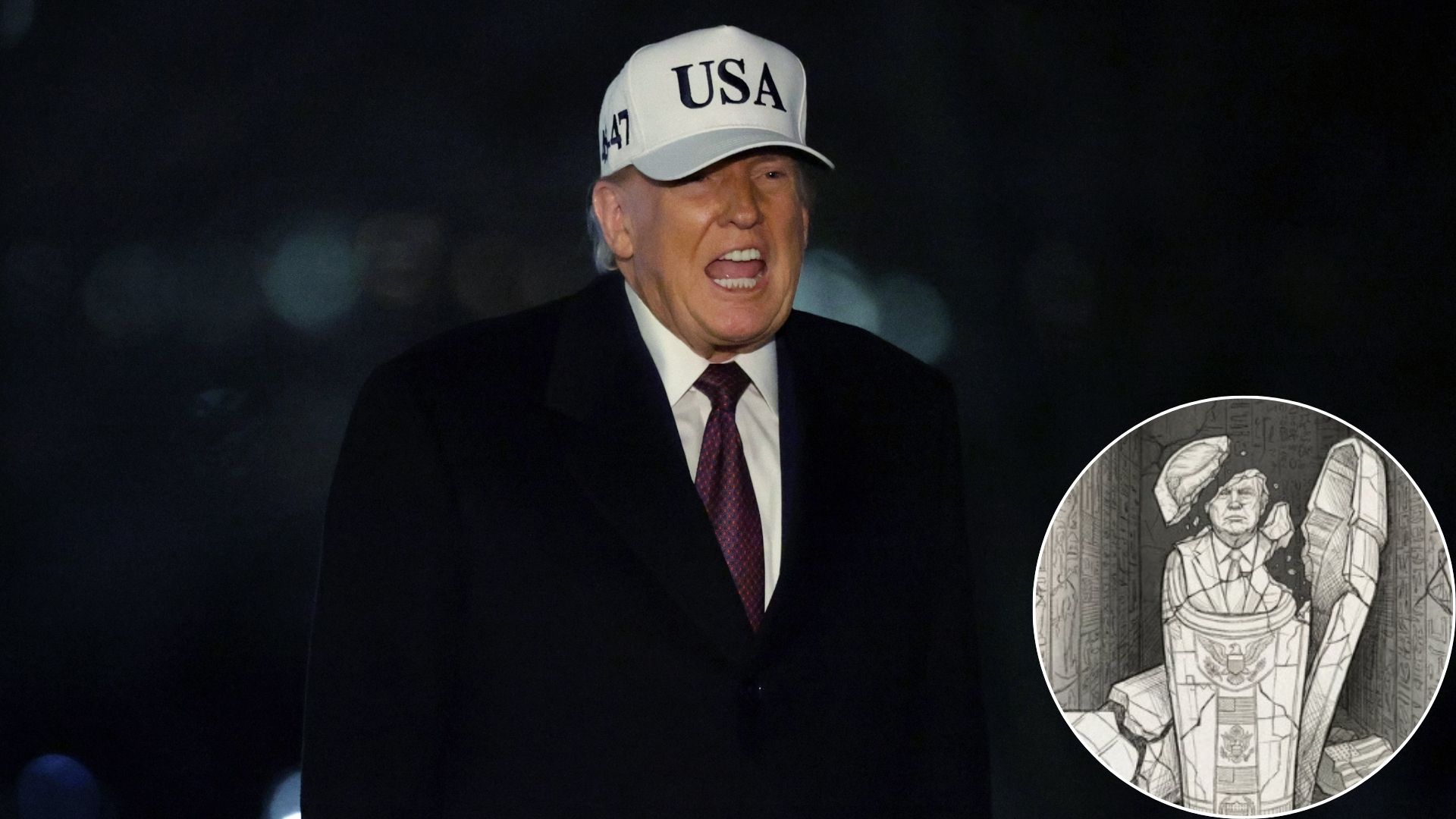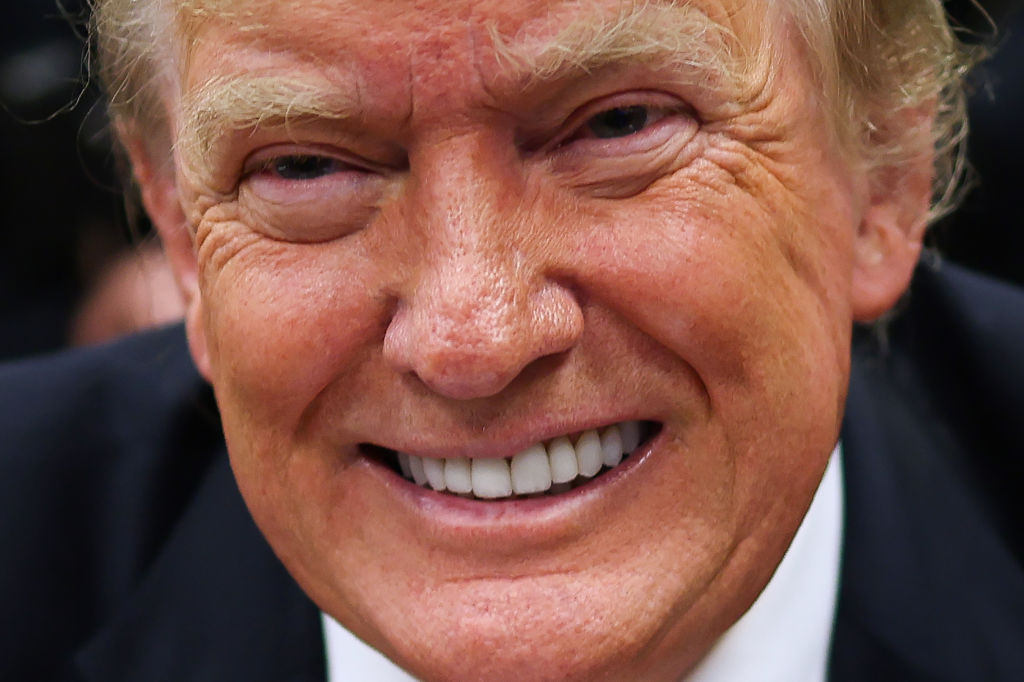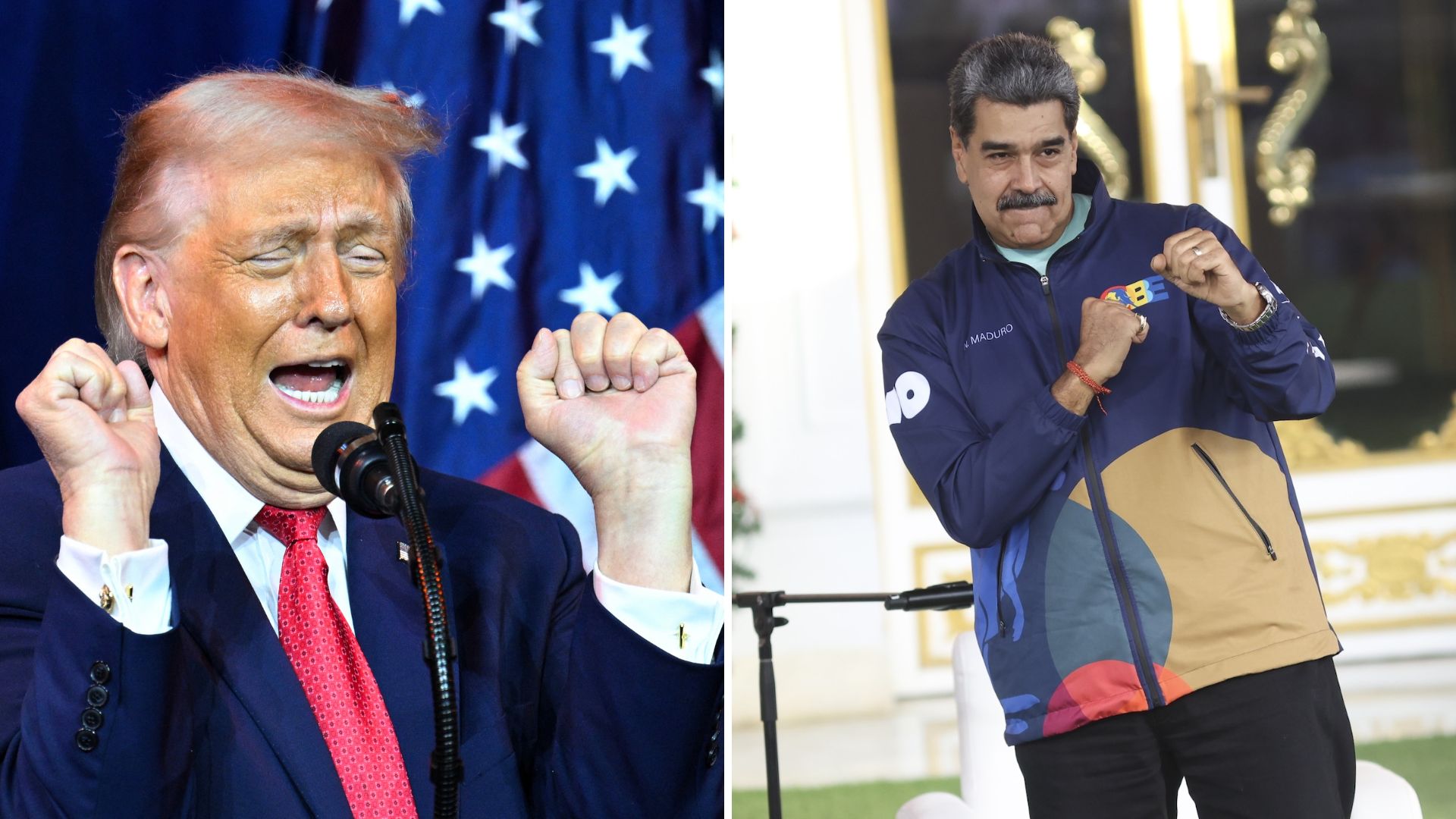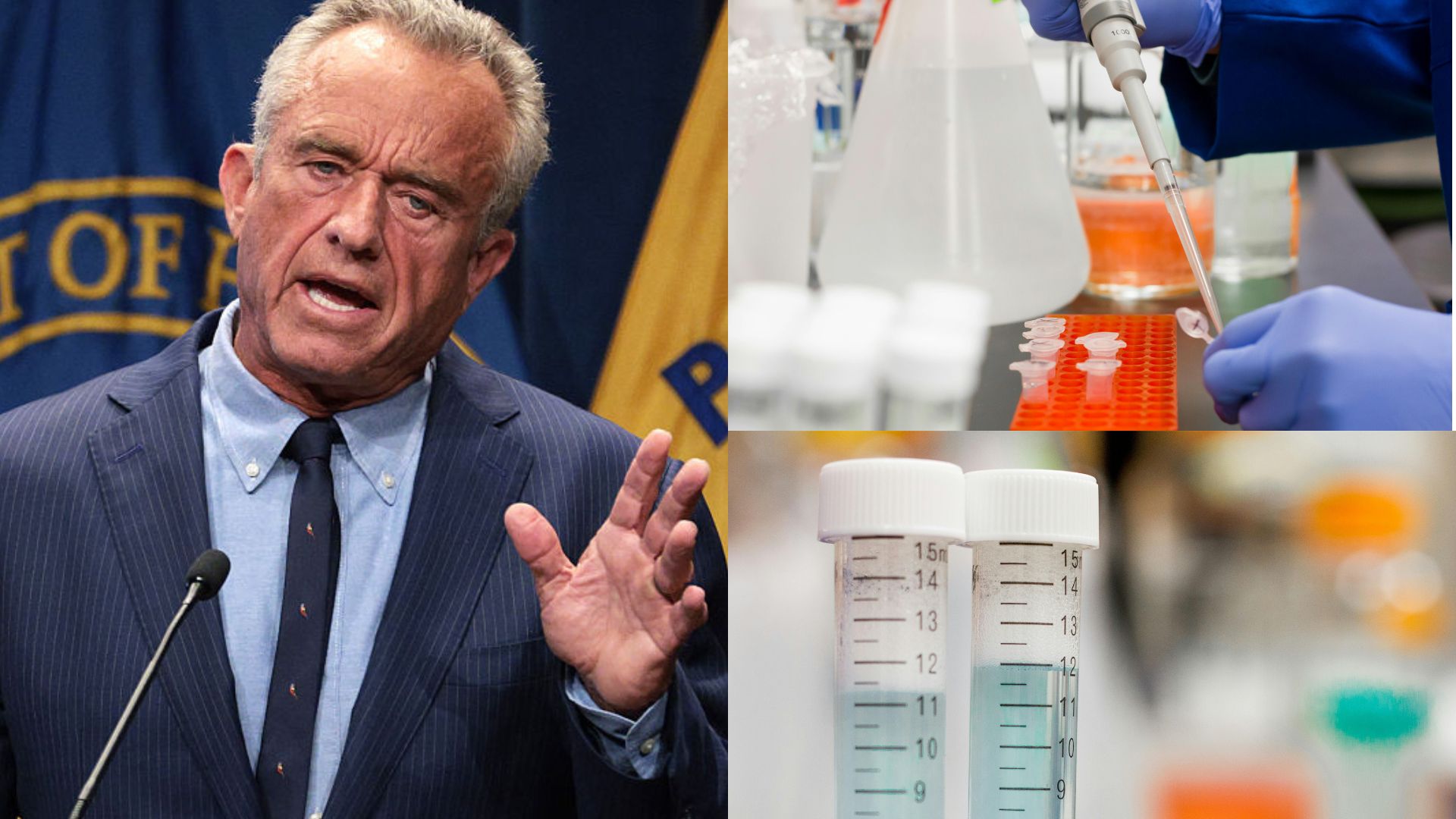
Kennedy declares that, at present, there is no evidence of a link between Tylenol and autism”, while asking that the link must now be made.
A controversial statement
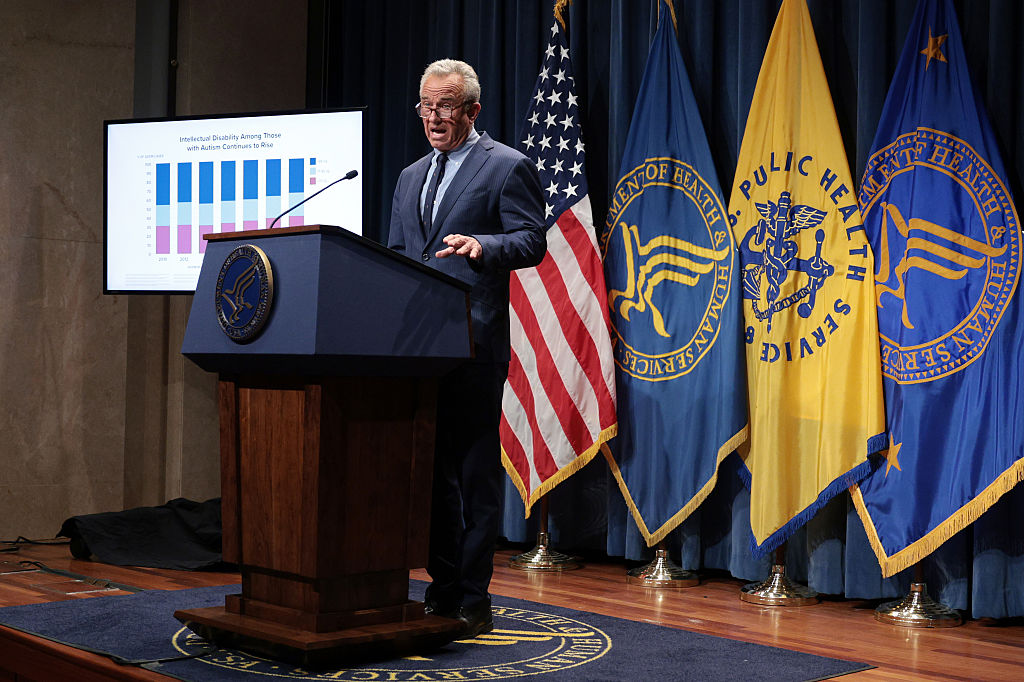
At a cabinet meeting, the U.S. Secretary of Health and Human Services declared that there is now no evidence of a link between Tylenol and autism, while confirming that the link must now be made, a formulation that remains highly controversial, reflecting for many a desire to fabricate proof rather than test a hypothesis.
Studies often misinterpreted
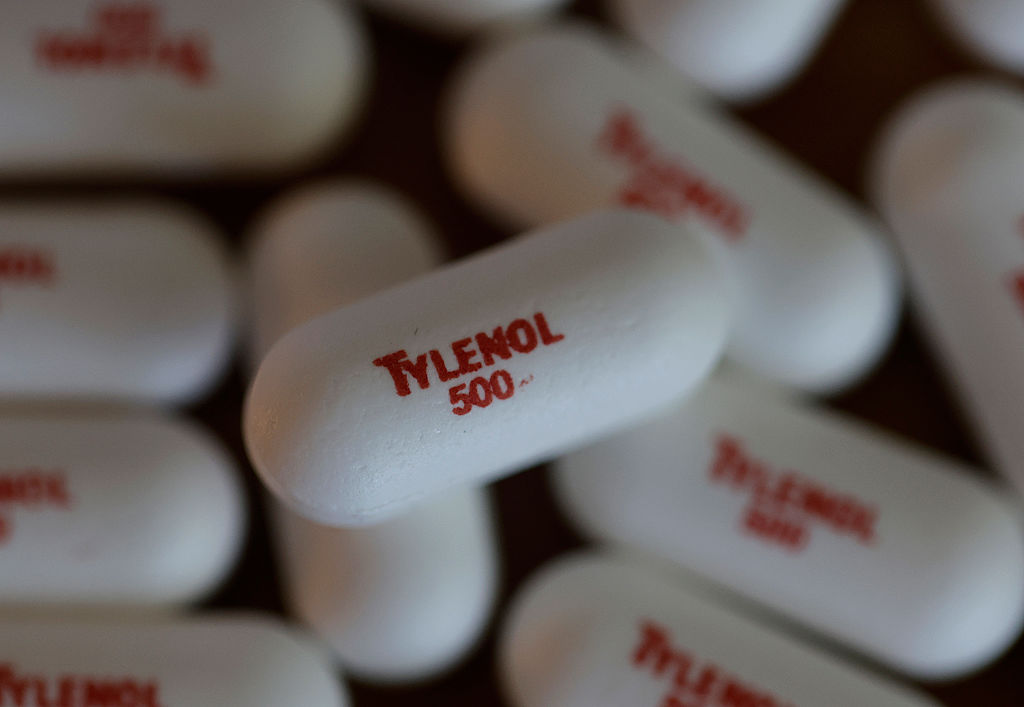
The hypothesis of a link between Tylenol and autism is based on a number of observations published over the last ten years.
In Scandinavia and the United States, some studies have noted weak associations between prenatal paracetamol exposure and a slightly increased risk of neurodevelopmental disorders.
However, these results must be qualified: they are often based on patient reports or incomplete registries, without systematic control for confounding factors (such as fever or infection) and, above all, they are not reproducible from one study to another.
Leading researchers agree that this phenomenon merits more rigorous examination, but in no way implies a cause-and-effect relationship.
The official position of scientific institutions

The main health agencies, such as the FDA (Food and Drug Administration), the CDC (Centers for Disease Control and Prevention) and the WHO (World Health Organization), have all reiterated that there is no evidence of causality between Tylenol and autism.
In September 2025, the FDA announced its intention to further analyze the available data and, if necessary, modify the drug’s labeling to mention a possible association.
However, the agency specified that there was no need to change the recommendations for use. In other words, scientific caution in no way constitutes confirmation of the link. As for the WHO, it found no solid evidence of a specific risk.
For the medical community, the danger lies not in the drug itself, but in a political discourse that tends to confuse scientific caution with widespread suspicion.
Worldwide statistics

RFK Jr. justifies his comments by comparing autism rates in the United States with those in other countries, notably Cuba. Indeed, reported autism rates in Cuba appear to be extremely low, as is the rate of Tylenol use.
However, this comparison is subject to numerous biases, making it impossible to draw any direct conclusions. The researchers point out that the Cuban figures reflect massive under-diagnosis, due to a lack of structures and specialists on the autism spectrum. Moreover, public recognition of autism is hampered by social stigma in the country.
Consequently, to use Cuba as “proof” of the effect of Tylenol is to confuse absence of data with absence of autism.
The boundary between science and politics

This statement highlights the fragile boundary between science and politics. RFK Jr., renowned for his critical stance on the pharmaceutical industry, does not hesitate to question the “established truths” of the medical world.
This political dimension is reinforced by the support of President Donald Trump, who has taken up these remarks, amplifying the public debate and transforming a still uncertain scientific question into a subject of media and political controversy.
This context risks politicizing scientific research and compromising citizens’ trust in healthcare institutions.

